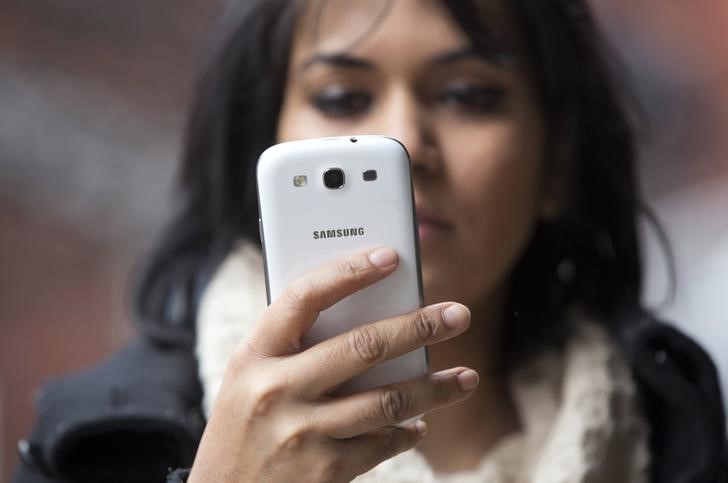By Kevin Dougherty
QUEBEC CITY, Feb 21 (Reuters) - A Canadian judge on Tuesday agreed to a publication ban on evidence against the accused shooter in an attack on a Quebec City mosque in January that killed six men and wounded 17 others.
Alexandre Bissonnette, a 27-year-old former university student accused of six counts of premeditated murder and five charges of attempted murder, appeared briefly in court wearing a red T-shirt that said, "Physiotherapy integration" in French on the front and "Volonteer" on the back.
Jean Petit, Bissonnette's defense attorney, said he had received part of the evidence and will receive more on March 30. Quebec Court Judge Jean-Louis Lemay agreed to the defense's request to not make the evidence public immediately.
The January shooting at the Quebec mosque, condemned by Canadian Prime Minister Justin Trudeau as a terrorist attack, is considered by police to be a lone wolf attack. Quebec police have declined to discuss possible motives for the shooting at the Centre Culturel Islamique de Québec, U.S. government security experts believe the gunman was most likely motivated by hatred for Muslims.
Among the six men killed in the shooting were a butcher, a university professor, a pharmacist and an accountant, according to police and Canadian media.
The attack was out of character for Quebec City, a city of just over 500,000 that reported just two murders in all of 2015. Mass shootings are rare in Canada, where gun control laws are stricter than in the United States.
Incidents of Islamophobia, including cases of Quebec mosques being vandalized, have increasingly made headlines in recent years. The Muslim face-covering, or niqab, became an issue in the 2015 Canadian federal election, especially in Quebec, where the majority of the population supported a ban on it at citizenship ceremonies.
